International
The new Moscow-Pyonyang pact, a headache for the United States and allies… and for Beijing
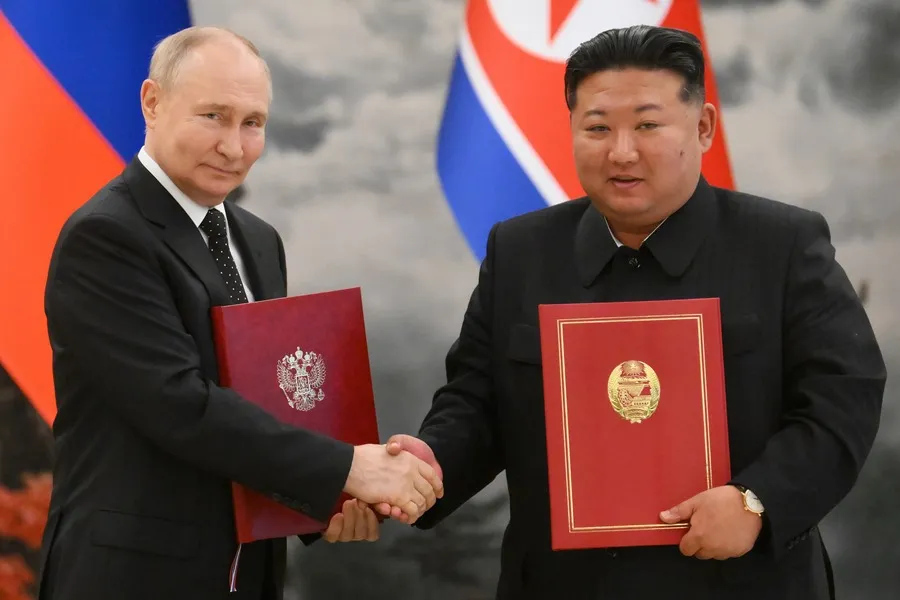
Moscow and Pyongyang agreed to offer military assistance in case of aggression and paved the way for more defense exchanges, a movement that according to analysts leaves both Beijing, the greatest ally of both countries, and Seoul, Tokyo and Washington, in a complex situation, for which it raises the challenge.
The leaders of Russia and North Korea, Vladimir Putin and Kim Jong-un, signed the day before the so-called “Strategic Partnership Agreement,” the new road map for their bilateral relations that replaces previous diplomatic treaties, during the Kremlin president’s first visit to Pyongyang in 24 years.
Mutual military assistance in the face of an eventual attack is the most outstanding novelty of the document, with which Putin and Kim send a warning to the United States and its Asian allies – insisting that they abide by international law – and also redraw regional alliances under the watchful eye of Beijing.
“The pact means a renewal of the Cold War security guarantees considered deceased in 1990, when South Korea and Russia normalized relations,” said the American Victor Cha, former National Security Adser of the White House, through his account in X.
Cha, an analyst at the Center for Strategic and International Studies (CSIS) in Washington, also believes that the agreement will mean “an escalation in military cooperation,” including more supply of North Korean munitions and ballistic missiles for the war in Ukraine, and “a possible proliferation of the shipment of Russian advanced technology to North Korea.”
In addition to the potential impact on the conflict in Ukraine through the shipment of weapons that Washington, Seoul and other Western countries have been denouncing, the United States and its allies will now have to deal with formalized security ties between Moscow and Pyongyang.
Many analysts consider the mutual defense assistance clause precisely as a response to the largest military rapprochement between Washington, Seoul and Tokyo in recent years, including the collaboration of Japan and South Korea with NATO, and believe that it will also have the effect of pushing these three partners and other related countries to shield themselves even more against the Russian-North Korean axis.
“I think this will serve as a pretext to formalize the U.S.-Japan-South Korea trilateral security relationship in the context of next month’s NATO summit in Washington,” says Cha.
Other experts highlight that the pact signed by Putin and Kim highlights the weaknesses that both countries face under the extensive regime of sanctions that weighs on them, and question how far military assistance could go in the event of conflict.
“There is no credible mechanism or political will to fight for each other or to develop a joint military strategy,” Patrick Cronin, director of Asia-Pacific Security at the Hudson Institute, said in statements to the South Korean agency Yonhap.
“Yes, there is a mute desire to show solidarity in opposition to a world order led by the United States,” Cronin said.
Experts point to the possible influence of Beijing when it comes to seeing the true course of the new pact between Russia and North Korea, traditional Chinese allies and increasingly dependent on the Asian giant.
“It is likely that China is nervous. Pyongyang is prioritizing Moscow over Beijing because Russia seems willing to offer Kim more than China gives her,” says Sydney Seiler, a former U.S. intelligence analyst and currently a CSIS researcher.
Cha, for his part, points out the possibility of an upcoming summit between Xi Jinping and Kim “to balance and align positions,” and also recalls that the Chinese president held his last meeting with the North Korean dictator in June 2019, months after the latter’s failed summit with former US President Donald Trump.
Xi, who also faces increasing pressure from the West for his support for Moscow during the invasion of Ukraine, received Putin in Beijing in May at a summit in which they claimed to open “a new era” of their relations, and according to some information, asked the Russian leader not to travel to Pyongyang immediately after his passage through China.
Beijing for the moment has limited itself to pointing out that Moscow and Pyongyang “have the legitimate need for exchanges, cooperation and development of their relations as close and friendly neighbors,” according to Chinese Chancellor Lin Jian’s spokesman the day before.
International
Rubio rules out 2028 presidential bid if Vance runs

U.S. Secretary of State Marco Rubio said he would not seek the presidency in 2028 if current Vice President JD Vancedecides to run as the Republican nominee to succeed President Donald Trump.
“If JD Vance runs for president, he will be our candidate, and I will be one of the first people to support him,” Rubio said in an interview with Vanity Fair, in which he appeared alongside other senior members of the presidential cabinet.
Rubio, 54, and Vance, 41, are widely viewed as two of the leading Republican figures who could headline the party’s ticket in the 2028 election. Under the U.S. Constitution, Trump is barred from seeking another term after completing two presidential mandates.
In a lighthearted moment during the interview, Vance jokingly offered photographers $1,000 if they managed to make him look better than Rubio in the photos. Both leaders have received public backing from Trump, who last October floated the idea of a joint ticket featuring Rubio and Vance, without clarifying who would lead it.
“I think that if they ever teamed up, they would be unstoppable. I don’t think anyone would run against us,” Trump said at the time.
White House Chief of Staff Susie Wiles, who also took part in the interview, confirmed that Trump does not intend to violate the 22nd Amendment, which prohibits a third presidential term, though she acknowledged that the president is “having fun” with speculation about a possible return to office.
Rubio, the son of Cuban immigrants, served as a Republican senator from 2010 to 2025. He sought the party’s presidential nomination in 2016 but was defeated by Trump after a bruising primary contest. His name was floated as a potential vice presidential pick in 2024, but Vance ultimately secured the spot. After taking office, Trump appointed Rubio as secretary of state, making him the first Latino to hold the position.
International
Authorities search for armed and dangerous suspect in fatal Brown University attack
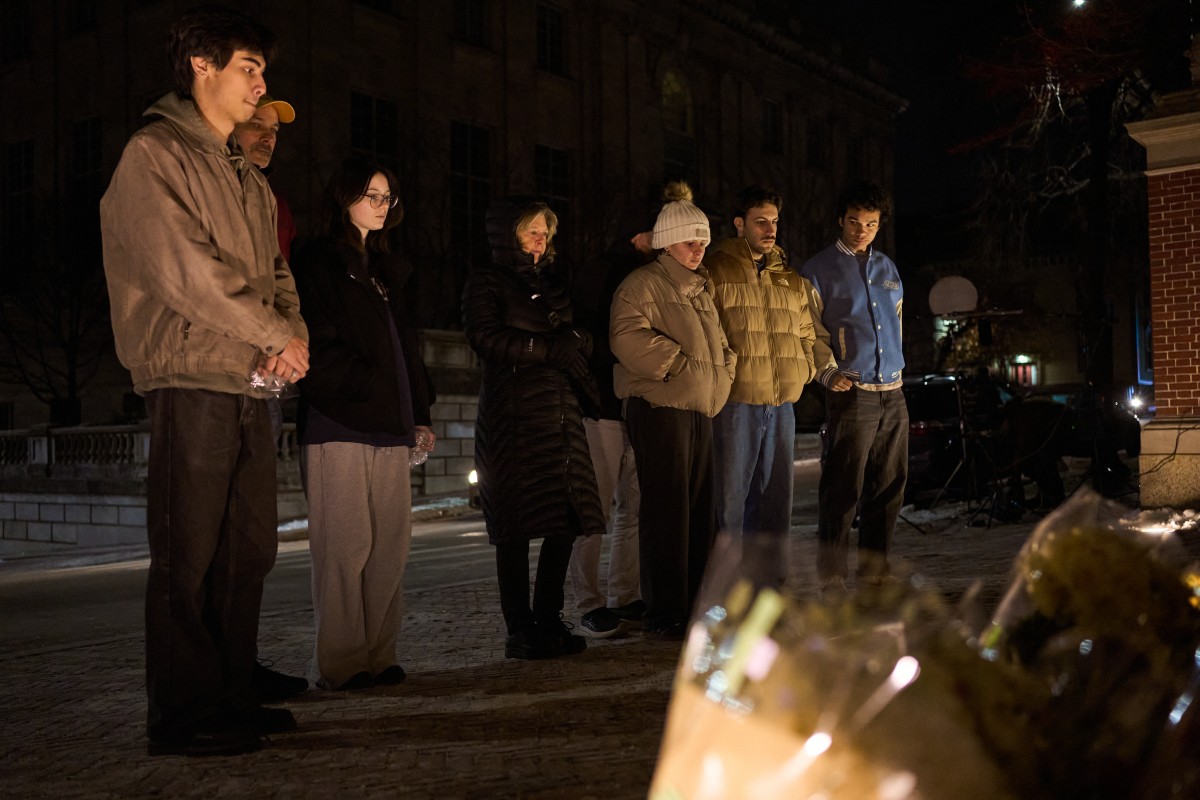
According to the statement, investigators are “seeking the public’s help to identify and speak with an individual” who was seen “near” the suspect at the time of the attack.
The Providence Police Department in Rhode Island released three photos of the person of interest, whose face has been blurred. In the images, the individual is wearing navy blue clothing, what appears to be a green hood, and carrying a light-colored backpack.
Earlier, authorities had released several photos and videos of a suspect described as “approximately 5 feet 8 inches tall, with a stocky build,” dressed in dark clothing, with their face covered by a surgical mask and wearing a beanie. The suspect’s identity remains unknown.
Authorities are offering a $50,000 reward for any information leading to the identification, arrest, and conviction of the person responsible for the killings, who is considered armed and dangerous.
The gunman opened fire on Saturday at Brown University’s engineering and physics building, where exams were being held, killing students Ella Cook and Mukhammad Aziz Umurzokov. The names of the nine people injured have not been released.
International
Police investigate deaths of Rob Reiner and wife as apparent homicide
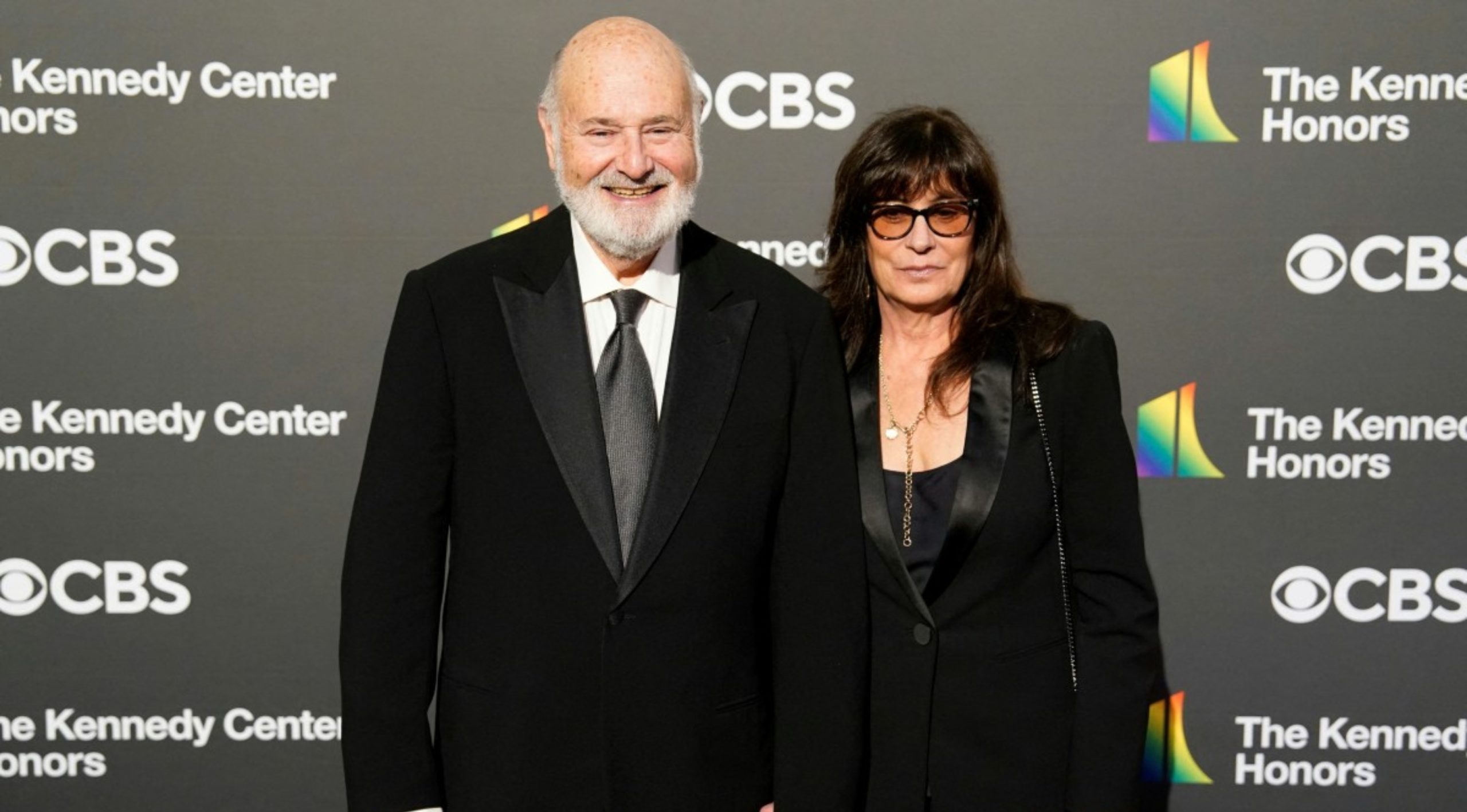
The Los Angeles Police Department (LAPD) is investigating the deaths of Hollywood actor and filmmaker Rob Reinerand his wife as an “apparent homicide,” amid a wave of tributes to the director of classics such as When Harry Met Sally.
According to U.S. media reports on Sunday, Rob Reiner and Michele Singer Reiner were found dead at their Los Angeles mansion with what appeared to be stab wounds.
Several political figures shared messages of condolence following the reported deaths of the director of A Few Good Menand his wife.
While the LAPD did not officially confirm the identities of the victims, it stated that homicide detectives were dispatched to the Reiner residence.
“At this time, no additional details are available and the investigation into an apparent homicide is ongoing,” the Los Angeles Police Department said in a statement posted on social media.
LAPD Deputy Chief Alan Hamilton told reporters that no arrests have been made and that no individuals are currently being questioned as suspects.
“I’m not going to confirm whether anyone is being questioned at this moment or not. We are going to try to speak with as many family members as we can,” Hamilton said.
CNN reported that a family spokesperson confirmed the deaths of Reiner and his wife.
California Governor Gavin Newsom, former U.S. President Barack Obama, and former Vice President Kamala Harrisissued statements expressing their condolences.
-

 Central America3 days ago
Central America3 days agoPanama seizes over three tons of drugs hidden in Caribbean port container
-

 International2 days ago
International2 days agoPolice investigate deaths of Rob Reiner and wife as apparent homicide
-

 International4 days ago
International4 days agoSeveral people shot in attack on Brown University campus
-

 Central America2 days ago
Central America2 days agoOAS urges swift recount in Honduras as election results remain uncertain
-

 Central America1 day ago
Central America1 day agoBukele says AI partnership with xAI will transform public education in El Salvador
-
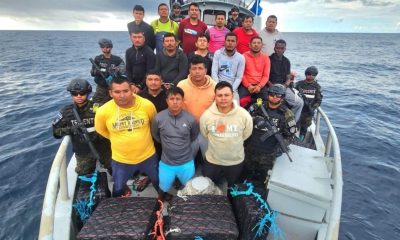
 Central America1 day ago
Central America1 day agoEl Salvador ranks among top countries in the Americas in fight against organized crime
-

 International4 days ago
International4 days agoU.S. and Mexico Reach Deal to Address Water Deficit Under 1944 Treaty
-

 International5 hours ago
International5 hours agoRubio rules out 2028 presidential bid if Vance runs
-
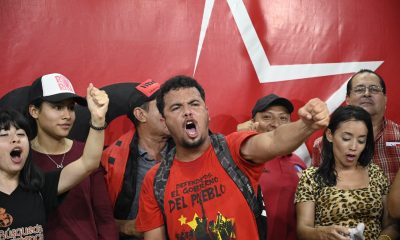
 Central America6 hours ago
Central America6 hours agoArrests and clashes in Tegucigalpa as vote count continues after Honduras election
-
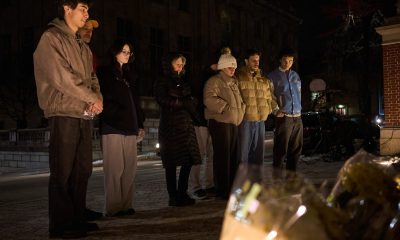
 International6 hours ago
International6 hours agoAuthorities search for armed and dangerous suspect in fatal Brown University attack


























